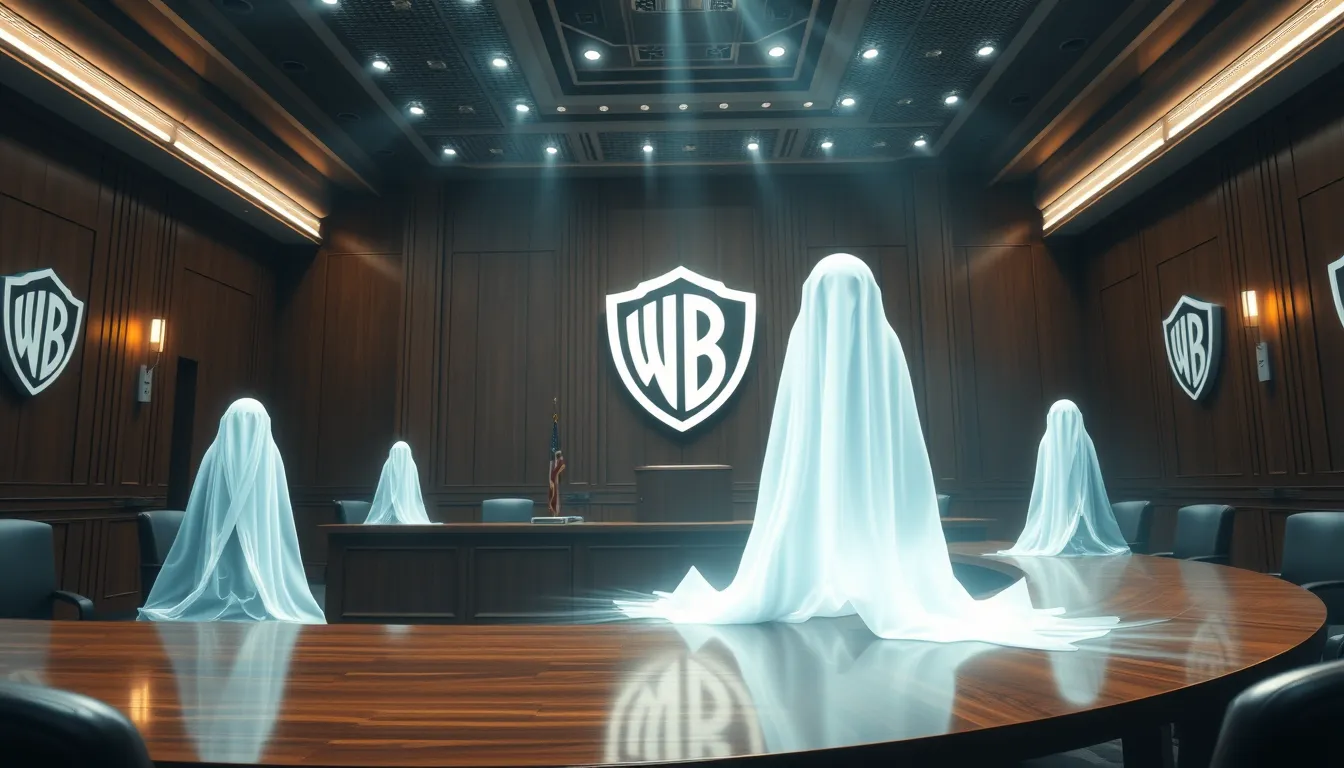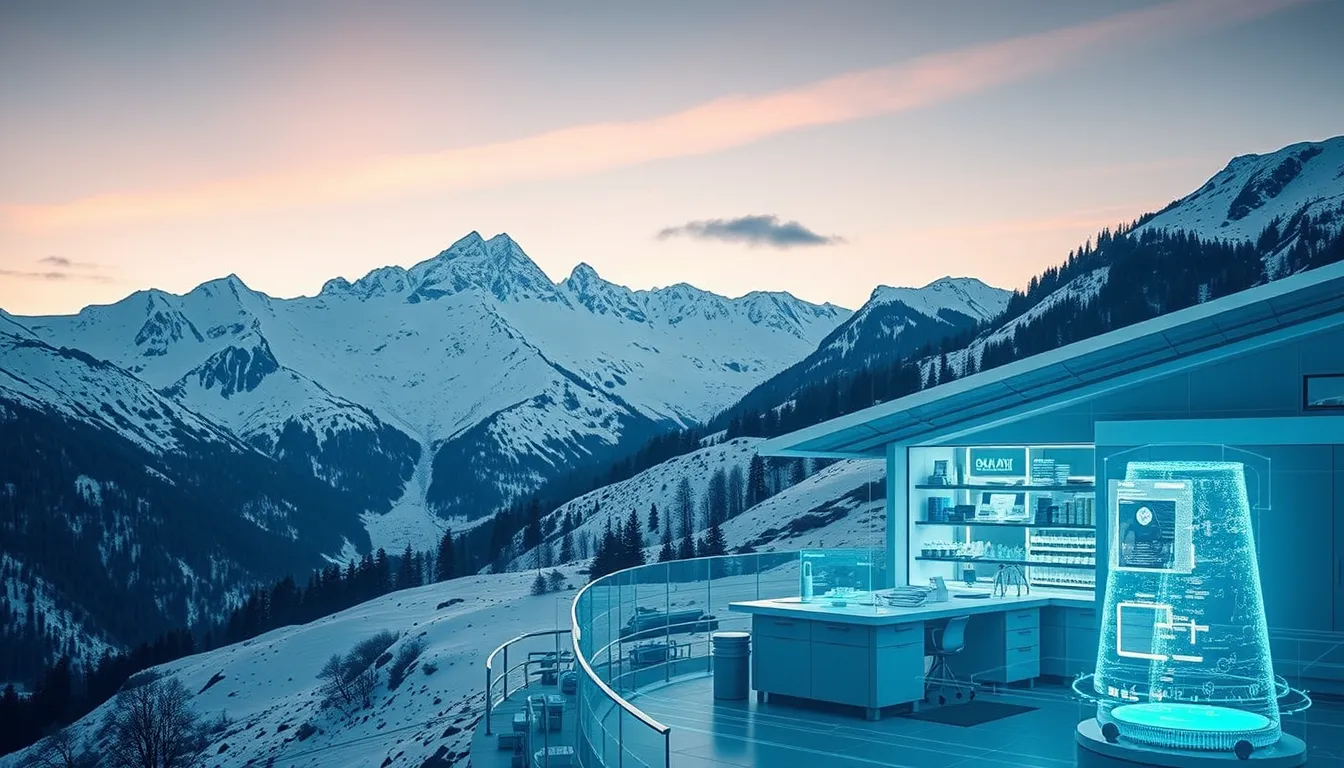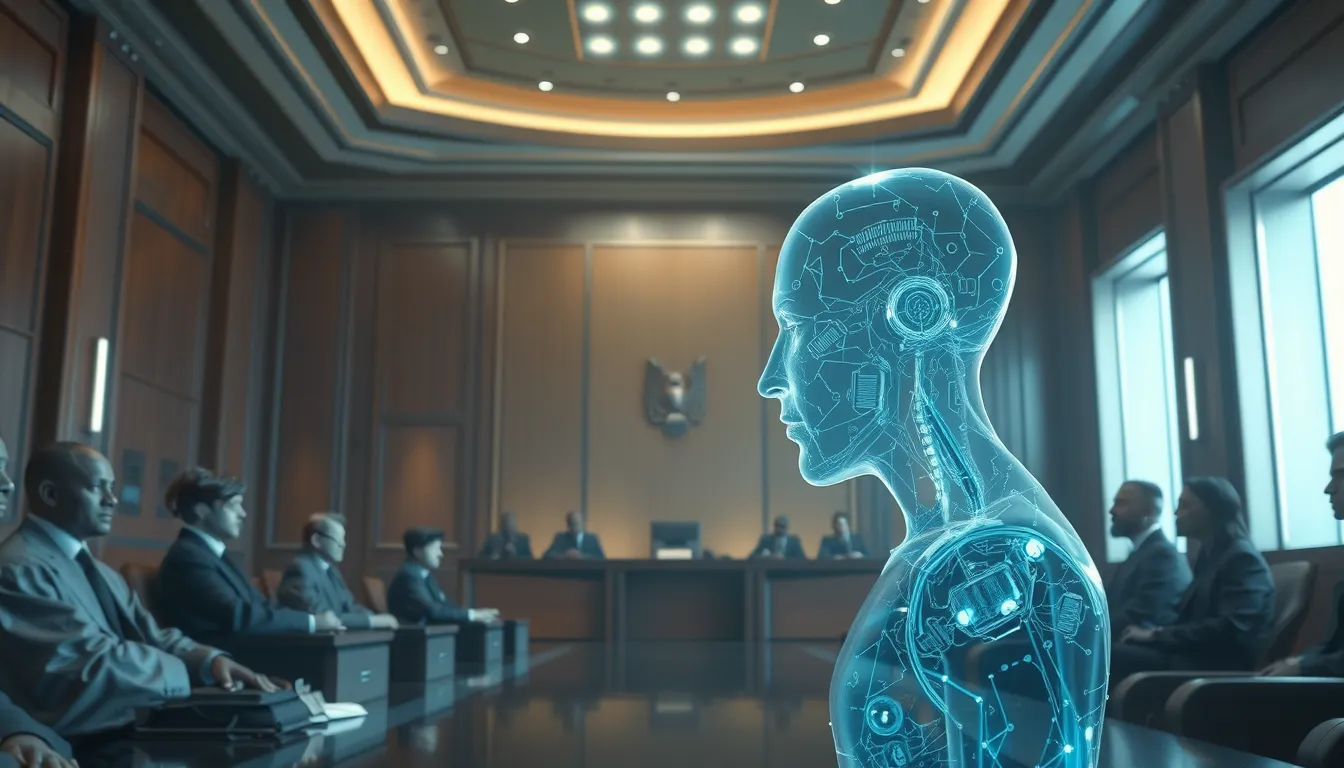Now Reading: WB Discovery Lawsuit: Midjourney Unauthorized AI Art
-
01
WB Discovery Lawsuit: Midjourney Unauthorized AI Art
WB Discovery Lawsuit: Midjourney Unauthorized AI Art

WB Discovery Lawsuit: Midjourney Unauthorized AI Art
The intersection of technology and creative expression has never been more complex. In a landmark case, the Warner Bros Discovery lawsuit Midjourney unauthorized art has ignited heated debates over intellectual property rights and the evolving role of artificial intelligence in art creation. As this story develops, legal experts and digital artists alike are keen to understand its potential impact on digital art and AI copyright infringement.
Overview of the Legal Battle
The legal dispute centers around allegations made by Warner Bros. Discovery that Midjourney—a popular AI art generator—is producing unauthorized copies of copyrighted characters. The claim, which forms the core of the Warner Bros Discovery lawsuit Midjourney unauthorized art, argues that the AI tool systematically replicates iconic characters, jeopardizing intellectual property rights and underlining deep concerns about creativity in the digital age.
According to the lawsuit, the AI art generator is not simply creating art inspired by multiple influences; rather, it is allegedly generating direct copies that infringe on established copyrights. This situation has raised alarm bells about the broader implications for digital art, prompting stakeholders to question the ethical and legal boundaries of AI-driven creative processes.
Key Legal and Ethical Issues
Understanding the Dispute
- Allegations of Infringement: The lawsuit asserts that Midjourney’s algorithms are at the heart of the problem, as they allegedly generate images that are strikingly similar to Warner Bros. Discovery’s well-known characters.
- Intellectual Property Rights AI: This case has become a focal point in discussions over how artificial intelligence impacts intellectual property rights in creative industries.
- Defending Creative Assets: The claim emphasizes that traditional artistic creations are being undermined, leading to calls for better protection of creative assets in digital art technology.
Beyond these immediate concerns, the broader legal community is watching closely. The Warner Bros Discovery lawsuit Midjourney unauthorized art is seen as a test case that could potentially reframe the interpretation of copyright laws in an era where AI tools like Midjourney—accessible via its official site midjourney.com—play an increasing role in art production.
Implications for the Digital Art Community
This controversy has far-reaching implications not just for the companies involved, but for the entire digital art community. As legal challenges for AI art generators mount, creators are worried about the future of digital creativity. Questions surrounding fair use, artistic inspiration, and the boundaries between influence and infringement have taken center stage.
For instance, debates now center on how to balance the benefits of AI-driven art production with the need to protect established creative works. Issues such as the impact of AI on copyright law and intellectual property issues in AI-generated art are hot topics in industry forums and legal circles alike. Artists and technologists are calling for more transparent policies that protect both innovation and creative rights.
Industry Reactions and Future Outlook
The Warner Bros Discovery lawsuit Midjourney unauthorized art has stirred mixed reactions across the industry. Traditional content creators, along with major studios, argue that unauthorized reproductions dilute the value of their intellectual properties. Meanwhile, proponents of AI-assisted art argue that algorithms only reflect the broad spectrum of artistic influences available in today’s data-rich environment.
Legal experts believe that the outcome of this case could establish critical precedents. In a field as dynamic as AI, a ruling in favor of either side may influence future legislative approaches to AI art generator legal issues.
Key Areas to Watch
As the case progresses, several key points are emerging:
- Regulatory Developments: How lawmakers adapt copyright law in response to AI technologies.
- Legal Precedents: The potential for this case to set new legal standards for defending creative assets in digital art.
- Ethical Considerations: The debate over what constitutes genuine artistic creation in an era dominated by machine learning.
For further reading on similar legal controversies, consider visiting Warner Bros.’ official website at warnerbros.com for updates and news releases related to this ongoing saga.
The Balance Between Innovation and Copyright
The clash represented by the Warner Bros Discovery lawsuit Midjourney unauthorized art underscores the delicate balance between fostering innovation and protecting intellectual property. As new technologies disrupt traditional creative industries, stakeholders are increasingly focused on how to reconcile digital innovation with longstanding copyright protections.
This case also highlights the need for clear legal guidelines that can accommodate the rapid pace of technological change. With AI art generators now an integral part of artistic expression, legal frameworks must evolve to address new challenges, including the assessment of what constitutes unauthorized copying versus acceptable artistic inspiration.
Conclusion
In summary, the Warner Bros Discovery lawsuit Midjourney unauthorized art represents a pivotal moment in the ongoing debate over AI and copyright. Its outcome could redefine how digital art is produced, shared, and regulated in the future. Whether you are a legal professional, digital artist, or tech enthusiast, this case is a clear indicator of the complexities at the crossroads of technology and creativity.
As the legal process unfolds, it remains essential for all stakeholders to stay informed and engaged. The lessons learned from this trial will likely influence future policies and practices in both the entertainment and technology sectors. Stay updated on this evolving story and explore additional resources to better understand the impact of AI on copyright law and digital art innovations.
In this evolving digital era, protecting creative assets while embracing technological innovation is a challenge that will require ongoing dialogue and robust legal reforms. The Warner Bros Discovery lawsuit Midjourney unauthorized art is just the beginning of what promises to be a transformative period for the creative industry.

























